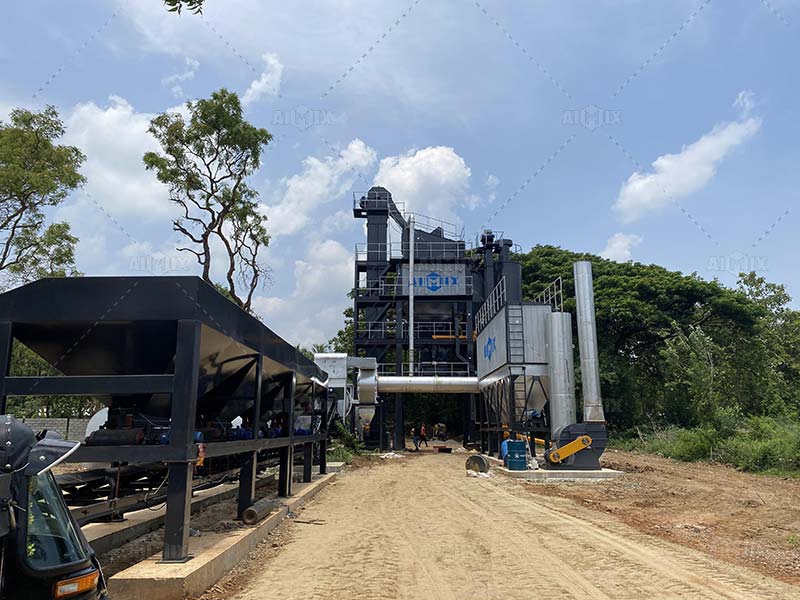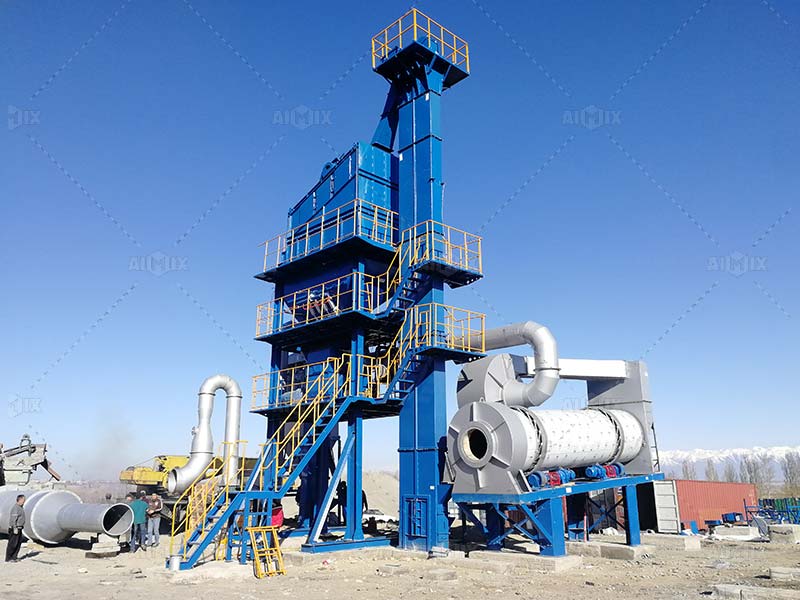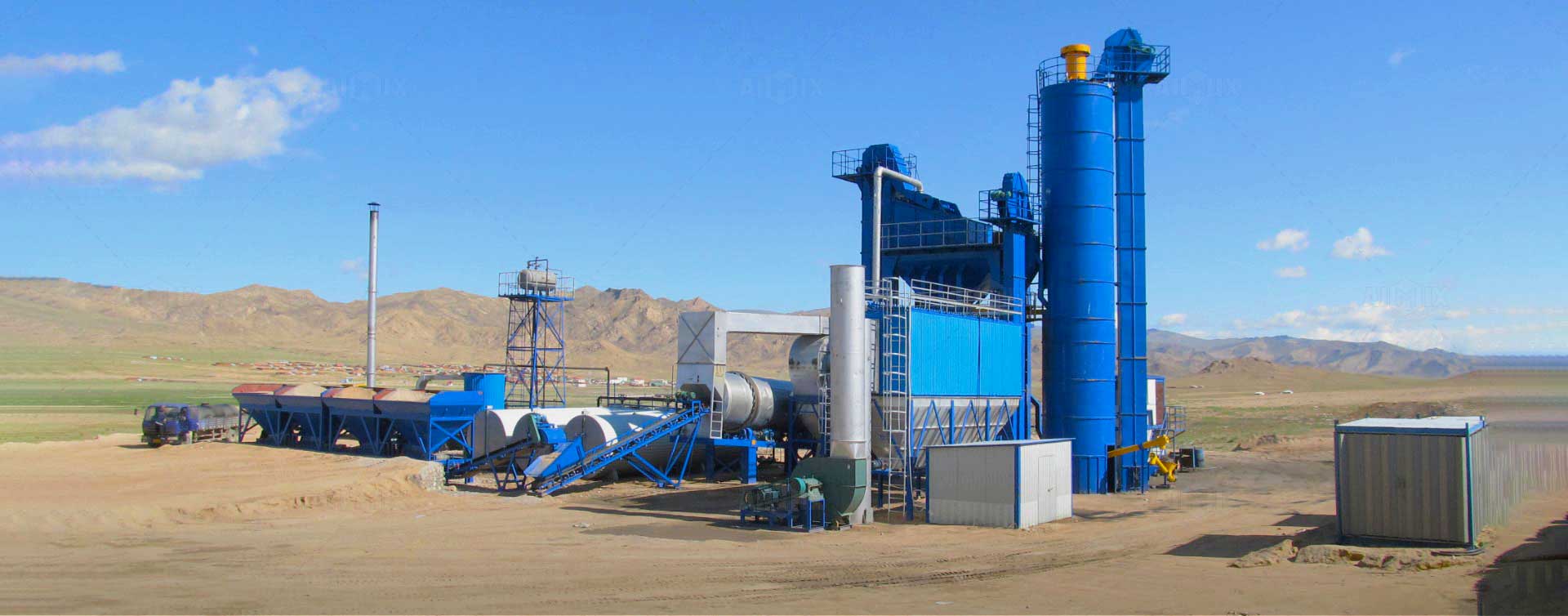In the realm of concrete mixing plants, two distinct categories emerge – the mobile and the stationary. Each possesses its own unique merits and caters to a specific clientele. Mobile asphalt mixing plants are the preference of those seeking flexibility and portability. These machines can be swiftly relocated and set up at various sites.
Conversely, stationary asphalt mixing plants are favored by clients with an unyielding demand for high-volume production at a fixed location. These steadfast customers seldom engage in the frequent movement of equipment. Common asphalt mixing plant components found in both variants include:

- Control panel
- Feeding bins
- Conveyor or skip
- Mixing unit
- Water weight hopper
- Cement weight hopper
- Aggregate weigh hopper
- Additive weight hopper
Critical Differences Between the Two
When evaluating mobile and stationary asphalt mixing plants, several key distinctions emerge. These disparities significantly influence their practical applications and suitability for specific projects.

- Size: Mobile plants, in comparison to their stationary counterparts, exhibit a compact footprint.
- Installation Time: Mobile plants boast a significantly shorter installation period, nearly 50% less than stationary plants. This rapid setup makes them ideal for frequent relocations.
- Prewired Configuration: Many mobile versions come pre-wired, expediting installation compared to stationary asphalt mixing plants.
- Crane Requirements: Due to the larger number of components, stationary plants often necessitate crane usage for an extended duration. Conversely, mobile versions typically require a crane for a shorter time or none at all in certain designs.
- Installation Costs: Mobile plants demand less foundation work, resulting in reduced installation expenses compared to stationary plants.
- Maintenance: Mobile plants generally require less maintenance than stationary ones, adding to their cost-effectiveness.
- Initial Ownership Costs: The initial ownership costs are lower for mobile plants compared to their stationary counterparts.
- Mobility: Thanks to their compact components, mobile plants are easier to transport, resulting in lower transportation expenses compared to stationary mixing plants.
- Production: Mobile mixing plants deliver comparable productivity levels to stationary plants, ensuring consistent production rates. Check more info about asphalt plant here: https://aimixasphaltplant.com/.
- Power Requirement: Mobile mixing plants consume less power when compared to stationary mixing plants of similar capacity.
- Foundation Costs: Stationary plants often demand a greater number of foundation blocks, which must be deeper, in contrast to their mobile counterparts.
- Temporary Projects: For temporary projects that require the intermittent use of mixing plants, the mobile version is the preferred choice due to its inherent mobility.
In essence, the choice between mobile and stationary asphalt mixing plants hinges on the specific project requirements and operational preferences. While mobile asphalt plants for sale excel in flexibility and cost-efficiency for short-term endeavors, stationary plants cater to the needs of long-term, high-volume production projects. Understanding these critical distinctions is imperative for making informed decisions in the realm of asphalt mixing plants.

